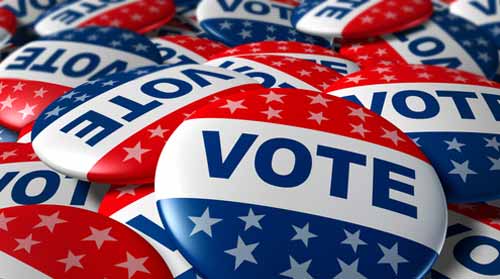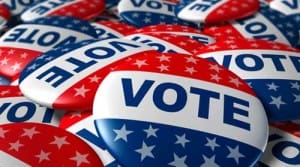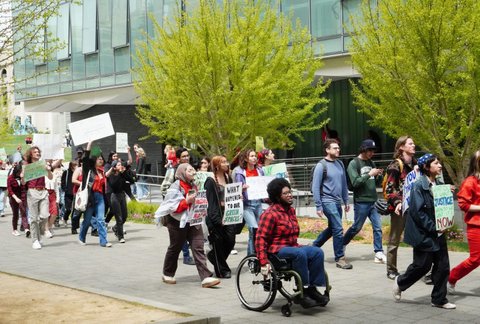
23 Nov Should 16-Year-Olds Be Allowed to Vote?
Commentary, Anna Tingley
Should 16 year olds be allowed to vote? That’s the question being debated right now in San Francisco, where San Francisco Youth Commission members Oliver York and Jillian Wu are spearheading the fight to lower the voting age in local elections from 18 to 16. And now they are bringing the idea to Richmond.
Inspired by the Scottish Independence Referendum last year in which 16 and 17 year olds were allowed to vote, Wu, York and other youth activists are convinced that extended suffrage will increase civic engagement.
But when they brought their arguments to the San Francisco City Hall, not everyone was buying it. Some said teenagers didn’t know enough about politics, while others thought they would simply follow in their parents’ footsteps. (The San Francisco teens pointed out that 44 percent of Scottish teens voted differently than their parents in the Scottish Referendum.)
In October, the San Francisco Youth Commission met with the Richmond Youth Council to present the idea of lowering the voting age to 16 here in Richmond.
Chair of Richmond Youth Council Joseph Jackson, 17, says the counci is now exploring ways to bring the idea to Richmond voters in next year’s election.
“Richmond is improving, we’re trying to improve, and this is a step in the right direction”, said Jackson.
Voting at 16 or 17, he said, “gives them more of a reason to pay attention to government and politics, to be involved in civic engagement, more of an opportunity to take part in their community. This isn’t just about voting,” he said. “It’s about educating people and empowering them at the same time.”
For a long time, young people did not participate in the political process in the same numbers as older generations. However, the turnout rate among young adults spiked with Obama’s 2008 campaign, and the voter turnout gap between generations has narrowed significantly since 1972, when 18 year olds were first granted the right to vote.
Experiments with local elections have shown that extending suffrage to 16 year olds would increase voter turnout. When the city of Tacoma Park, Maryland, allowed 16 and 17 year olds to vote in the municipal election, they voted at twice the rate of their older counterparts.
This change is not as foreign as it may seem. In addition to two Maryland cities, several nations have successfully extended the vote – such as Argentina, Brazil, Germany, and the United Kingdom – to allow younger voters to participate in national elections.
As for the argument that teenagers are lacking in political knowledge, interest in local legislation seems to be increasing among high school students. As they become members of high school programs such as Youth and Government, Model United Nations, and Amnesty International, they become aware of the issues we face on a local, national, and even international level.
But there is another reason supporters want to allow young people to vote. It’s the phenomenon that York has coined the “trickle-up effect”: As youth show interest in local issues, formerly indifferent parents will also become more involved. This can especially be seen within immigrant families, whose households make up a majority of non-voters.
When you turn 16, you can’t drink, buy a lottery ticket, or rent a hotel room. But driving a car inevitably leads to independence. The high price of parking in the city impacts you. You don’t only start to know what sales and income tax mean, but its fluctuation starts to directly affect you. You are driving, working, paying taxes. Eighteen may mark the beginning of adulthood, but it’s when you turn 16 that local legislation really starts to matter.
“Seventeen isn’t young when you’re having have kids, paying taxes, or enlisting in the military,” said Jackson. “This is an opportunity to have a say in city government that they never had before, allowing them to represented.”







Sorry, the comment form is closed at this time.